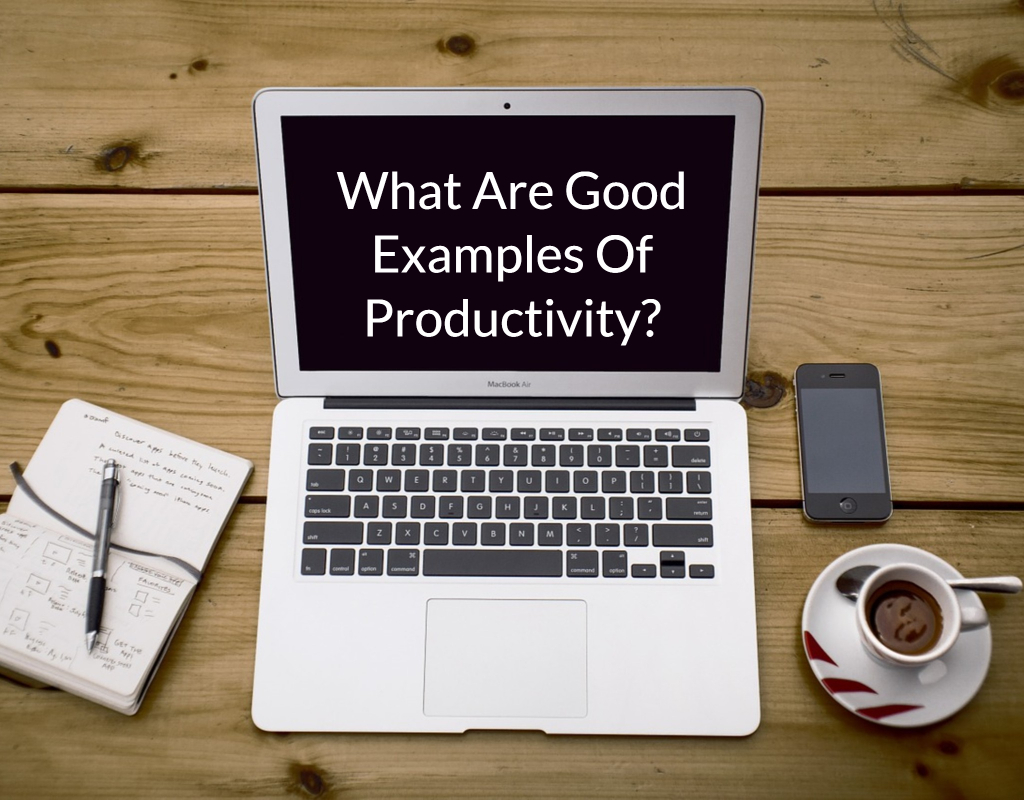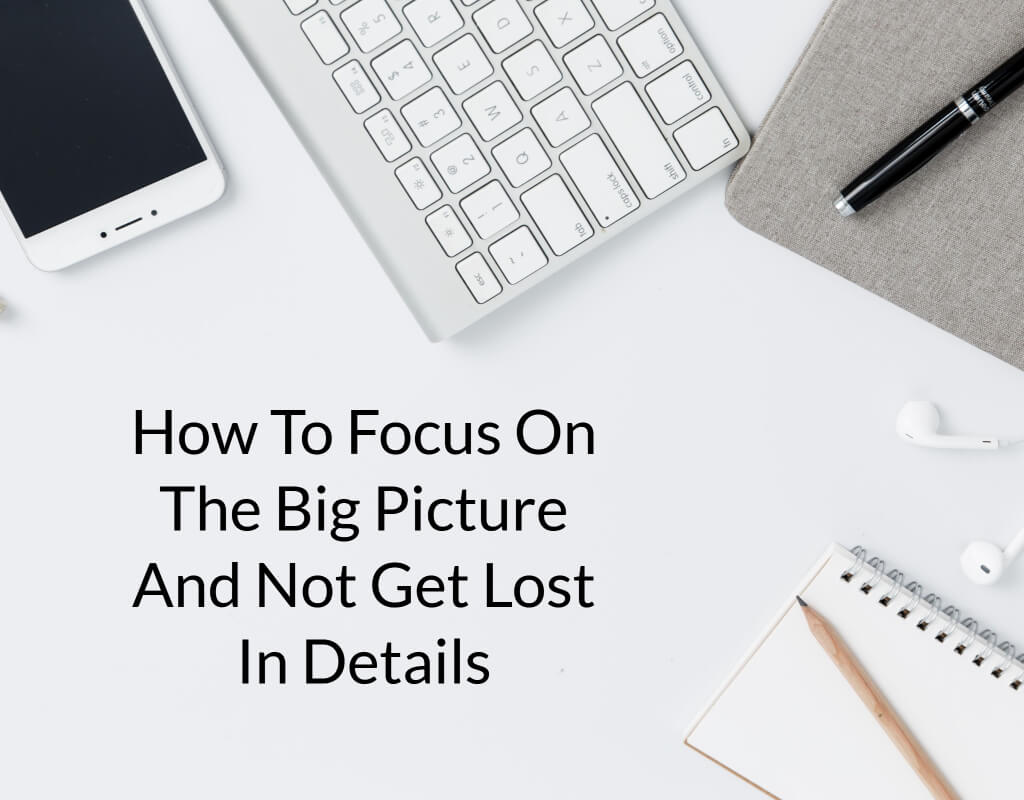Join us live each week at www.productivity.academy/live and get your questions answered by submitting them at anytime right here: www.productivity.academy/questions.
To find recommended tools and other great resources, check out the Productivity Academy Resource Toolkit: https://productivity.academy/resources
The upside of varied work that includes lots of different activities obviously lies in not having to perform the same repetitive task over and over, for the same amount of time. But it also means that you may not get to work for extended periods of time regularly which can impact your ability to do “Deep Work” and really dive deep into areas that require focus, attention, and time.
In this article, I will share with you the techniques that allow me to stay productive and focused for several hours. First, I want to be upfront and say that this is a long-term project. By this, I mean that I started with doing time blocks of 60 or 90 minutes and have continued to work to expand those where and when possible. You will need to do the same!
Many of these are also discussed in more depth in the book “Deep Work”, which I find extremely useful. The idea behind it is that focusing for a certain amount of time on one project in one sitting will be more productive than breaking the same time into two or more individual blocks throughout the day.
In general, I definitely agree and believe in the Deep Work method. However, there are certainly moments when you can and have to switch tasks throughout the day and work on different things at the same time. But in the long term, I believe that building up that capability of working and focusing for longer periods of time will really pay off in your personal and professional life and that you will benefit as a result.
Block distractions
This should be the first step every time you start working, but it is especially important when starting a long session.
Start simple. You already know that your phone is a major distraction – put it out of reach, turn it off. Don’t put in your pocket, don’t place it right in front of you.
Sounds and noises can be extremely distracting too. If there is a noisy air conditioner on, turn it off before you sit at your desk. Of course, if the air conditioner is necessary or you or not alone in the office, a good idea could be to wear headphones or earplugs.
If this is something you think you can do, asking those around you not to disturb you during certain times is also a great strategy to block distractions. This is also a great way to help others know that you need time to focus – they can’t read our minds, so asking them to help you is a great way to get their help without “telling” them they need to leave you alone. You’d be surprised how many people are very receptive to this… after all, we all deal with distractions.
Plan ahead
Blocks of time dedicated to focused work with no distractions allowed are very rare these days. That’s why it is important to schedule them in advance.
Create a recurring appointment in your calendar for work sessions. You can start small and then extend them. Putting them in your calendar turns them into a real thing – it not only allows you to remember them and avoid clashes, but it also puts you in the right mindset by making it easily visible to yourself when doing a daily or weekly review.
Set goals
After I have blocked out distractions and sat down in my quiet workspace, I usually take a few minutes before starting the session to write down my tasks and main three goals for the session or day on a piece of paper.
These are specific goals related to my session. What are the things I want to get done today, and what are the steps I need to take in order to complete them? What do I want to see finished and reviewed by the end of this session?
General goals are not useful here, ‘working toward project X’ is not going to help. But ‘building a binder with printed cover in color ready to be delivered tomorrow’ is. What you need to write down are concrete actions that you want to see accomplished.
Take smart breaks
Regardless of what your preparation process is, sometimes you just can’t focus for 90+ minutes. Taking breaks is a good idea, but there are more and less efficient ways to do so, so make sure you do it the right way.
Whether you are using the Pomodoro technique or just getting up when your eyes are too tired, try to avoid distractions even when you are not working. A good way to take a break is to stretch your legs, go for a walk around the block, rest your eyes and take in some fresh air. During this time, try not to use your phone.
It is hard, I know, but from checking your emails to getting sidetracked for 15 minutes is a small step.
Instead, minimize distractions and let your mind relax and follow its own thoughts.
Review your session
If you are using a timer, make sure to set the last alarm a few minutes early. This way, before finishing your session you will have some time for a smart wrap up.
Did you hit your goals? Are there any outstanding things that you did not accomplish that you want or need to? These question will not only allow you to review your current session but will also help you prepare for the next one.
Write down everything you did not have the chance to complete, and the next time you will know where to start from and waste less time figuring out how to proceed in the beginning.
Again, it is important to set actual, measurable tasks, such as writing a 500 words article or uploading 30 images onto your team content bank.
Regardless of your specific field and workflow process, these are helpful tips for anyone needing some prolonged, quality work time.
Remember to be specific about what you ask of yourself and to block out as many potential distractions as you can.






